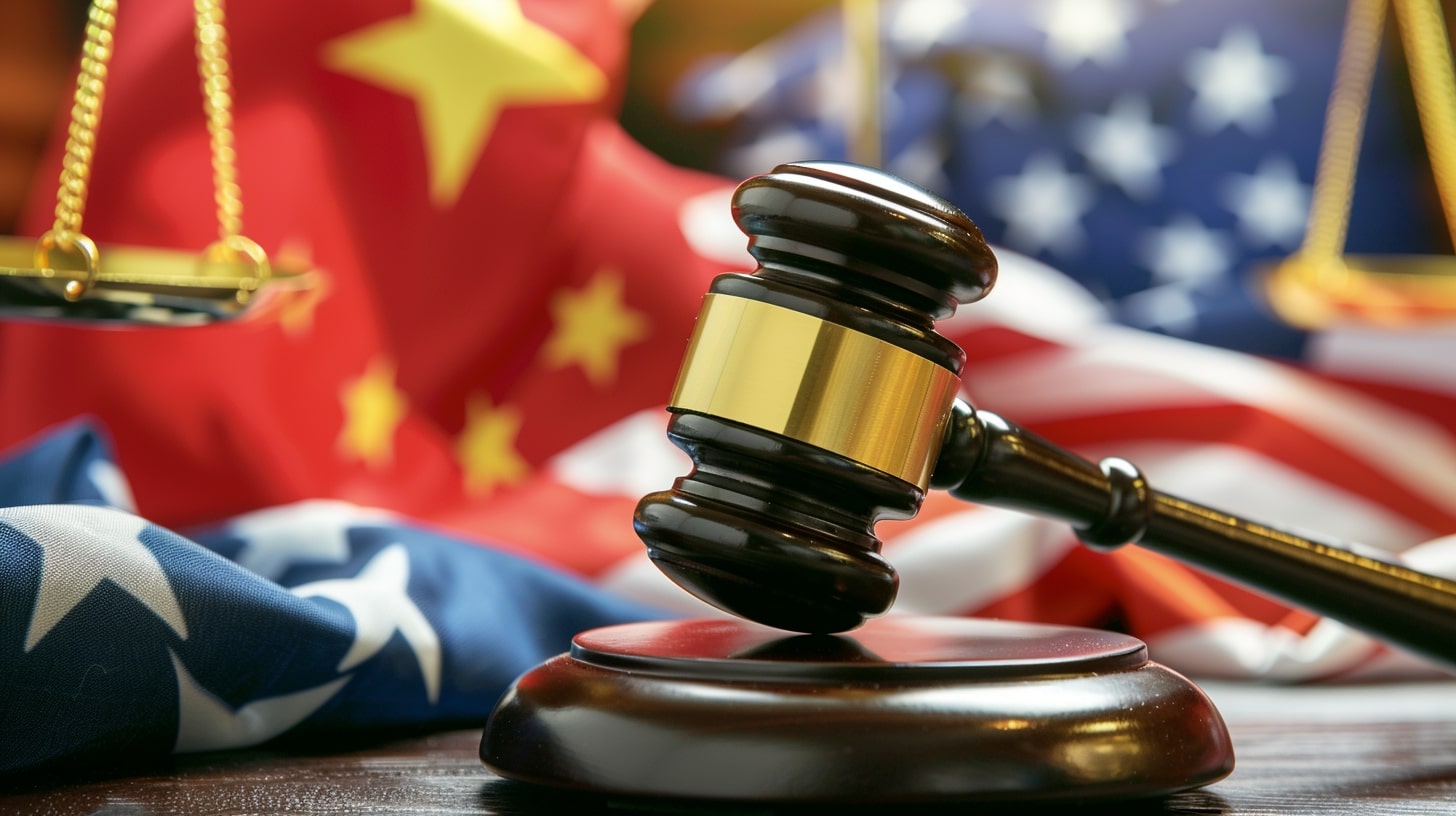TikTok, the popular short-form video app, finds itself at the center of a high-stakes legal battle as it fights to prevent a potential ban in the United States. The company, along with its Chinese parent ByteDance, has urgently appealed to a US court to strike down legislation that could effectively ban the app used by 170 million Americans starting January 19, 2025. This legal challenge highlights the ongoing tension between national security concerns and digital rights in an increasingly interconnected world.
The Looming Ban and TikTok’s Legal Strategy
TikTok and ByteDance argue that the impending ban, set to take effect on January 19, 2025, is inevitable without a court order blocking the recently passed law. The legislation, signed by President Joe Biden in April, gives ByteDance until the deadline to divest TikTok’s US assets or face a nationwide ban. However, ByteDance contends that such a divestiture is “not possible technologically, commercially, or legally”.The US Court of Appeals for the District of Columbia has scheduled oral arguments for September 16, 2024, to hear lawsuits filed by TikTok, ByteDance, and TikTok users. The outcome of this case could have far-reaching implications for how the US government exercises its new authority to regulate foreign-owned apps.
Constitutional Concerns and Free Speech
In their legal filing, ByteDance and TikTok argue that the law represents a “radical departure from this country’s tradition of championing an open Internet.” They claim it sets a dangerous precedent by allowing political branches to target a disfavored speech platform and force it to sell or shut down. The companies assert that the legislation violates Americans’ free speech rights and unfairly singles out TikTok for punitive treatment. They point out that the law ignores many other applications with substantial operations in China that collect large amounts of US user data, as well as US companies that develop software and employ engineers in China.
National Security Concerns vs. TikTok’s Efforts
The push for the ban stems from concerns among US lawmakers that China could potentially access data on American users or use the app for espionage purposes. These worries led to the swift passage of the measure in Congress, with overwhelming support just weeks after its introduction.TikTok, however, argues that it has made significant efforts to address these concerns. The company revealed that it has spent more than $2 billion on initiatives to protect US user data. Additionally, TikTok made public a redacted version of a 100-plus page draft national security agreement, which included provisions such as:
- Granting the US government a “kill switch” to suspend TikTok in the United States at its sole discretion if the company failed to comply with the agreement.
- Moving TikTok’s source code out of China, as demanded by the US government.
The Breakdown of Negotiations
ByteDance recounted lengthy negotiations with the US government that abruptly ended in August 2022. In an April 1 email to the Justice Department, made public on Thursday, TikTok lawyers expressed frustration with the current administration’s approach:”This administration has determined that it prefers to try to shut down TikTok in the United States and eliminate a platform of speech for 170 million Americans, rather than continue to work on a practical, feasible, and effective solution to protect U.S. users through an enforceable agreement with the U.S. government”.
Historical Context and Political Shifts
This is not the first time TikTok has faced the threat of a ban in the United States. In 2020, then-President Donald Trump attempted to ban TikTok and WeChat, another Chinese-owned app. However, the courts blocked these efforts. Interestingly, the political landscape surrounding TikTok has shifted since then. The current White House administration states that it wants to see Chinese-based ownership ended on national security grounds but does not support an outright ban on TikTok. In a surprising turn of events, former President Trump, who previously sought to ban the app, has recently joined TikTok and expressed concerns about a potential ban.
Implications of the Ban
If implemented, the ban would have significant consequences:
- App stores, including those operated by Apple and Google, would be prohibited from offering TikTok.
- Internet hosting services would be barred from supporting TikTok unless ByteDance divests it.
These measures would effectively cut off access to the app for millions of American users and could set a precedent for how the US deals with foreign-owned technology platforms in the future.
Conclusion: A Battle for the Future of Digital Rights
The legal battle between TikTok and the US government represents more than just the fate of a single app. It raises crucial questions about the balance between national security and digital rights, the power of governments to regulate global technology platforms, and the future of international digital commerce. As the September 16 court date approaches, all eyes will be on this landmark case. The outcome could not only shape the future of TikTok in the United States but also set important precedents for how democracies navigate the complex challenges posed by globally interconnected digital platforms in an era of increasing geopolitical tensions.








